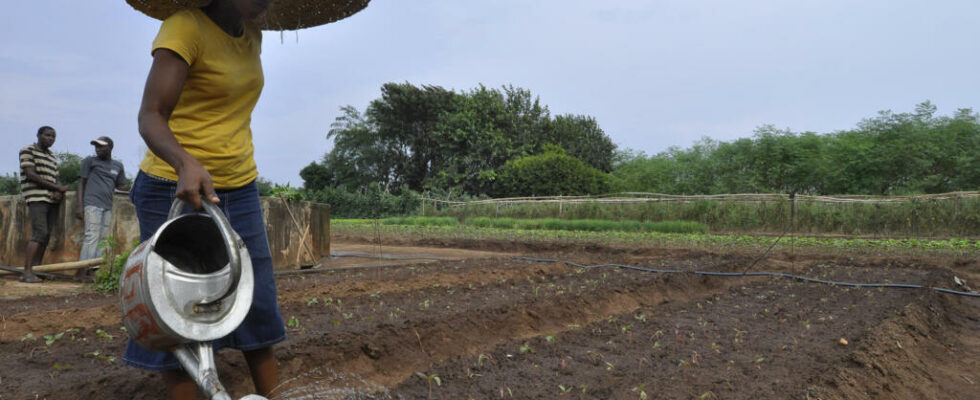While the United Nations Environment Program (UNEP) publishes its annual report on adaptation to climate change on Thursday, November 7, another UN agency, the International Fund for Agricultural Development (IFAD), is concerned the insufficiency of funds intended for small farmers, who receive only 0.8% of global climate financing. An alarm signal launched four days before the opening of COP29 in Azerbaijan.
2 mins
While there are more than 500 million small farms in the world and 3 billion human beings depend on them for food, these structures receive only 0.8% of global funding dedicated to adaptation to global warming, worries IFAD, a specialized institution of the system of United Nations. However, faced with rising temperatures and the increase in droughts and floods that it causes, small farmers are on the front line, given the devastating impact of extreme weather events on their crops.
The problem is particularly great in Africa, where the weight of small farms in food production is around 70%. In southern Africa, for example, an intense drought this year is causing a collapse in maize harvests, while in Ghanathe production of cocoa was halved due to insufficient precipitation.
Also readThe means to adapt to climate change are largely insufficient, warns the UN
Funding dedicated to the adaptation of small farmers should be 15 times higher than currently
For small farmers, it is therefore urgent to adapt to these changes, especially since the solutions exist. The latter could thus use crop varieties in greater numbers, more tolerant to drought, or resort to agroecology techniques which allow better management and better preservation of water resources. As for warning systems and the weather forecast network, they could be strengthened in order to make them more precise.
The fact remains that all these solutions have a cost which requires funding, the level of which is currently very insufficient. While small producers would today receive some $5 billion in climate financing per year, this sum would need to be 15 times higher according to IFAD. Its president, Alvaro Lario, is also launching an appeal to world leaders who will be present at COP29 in Baku, from November 11 to 22, to set an ambitious objective in this area on this occasion.
We need investments from all stakeholders, including developing countries
Alvaro Lario, President of IFAD
